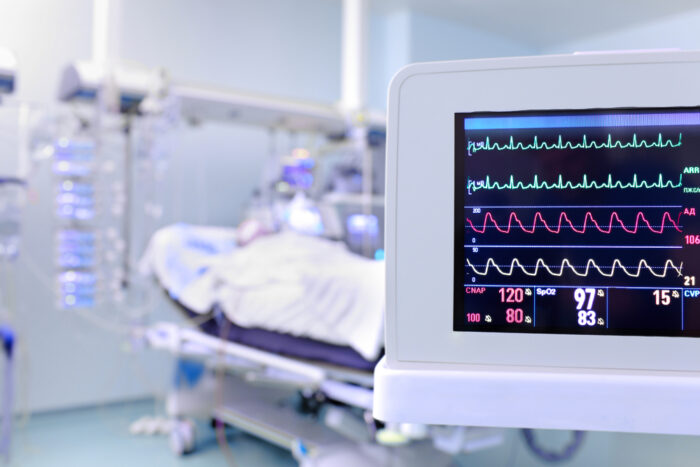NHS England is to ramp up its use of a matching platform enabling NHS staff to view and add available surgery slots in hospitals across the country, including private sector capacity.
Last week the government announced that it would push ahead with its plan to use the private sector to a greater degree to tackle the backlog, with patients given more choice of where they can have their appointments.
The commitment coincided with a report from the Elective Recovery Taskforce which said patients will be actively offered a shortlist of a minimum of five providers, with patients able to see provider quality, waiting time and distance to travel using patient support service My Planned Care.
Matching people to treatment
Using the new tool, clinical teams can upload details of patients on their waiting list who are willing to travel, with other NHS and independent sector providers able to log on and ‘match’ people up to treatment.
Initially introduced for patients needing a hospital admission, the platform will now expand to include cancer, diagnostic checks, and outpatient appointments. NHS England adds around four in five patients on an NHS waiting list will not need a hospital admission.
Since its launch in January there have been more than 1,700 offers of support.
The system is mainly used for patients who have been waiting the longest, with the next ambition to virtually eliminate 65 week waits by April 2024.
Patient information is included to help organisations decide whether they can pick up the case including how far the patient is willing to travel, the severity of the illness, their BMI, and how long they have been waiting for care.
If more than one provider offers treatment, the options are put to the patient who can then choose based on factors including how far they would have to travel.
While gynaecology, colorectal and trauma and orthopaedics are the top three specialties to have benefited from this digital mutual aid so far, NHS England says “hundreds” of different treatments or appointments can be uploaded.
‘Significant pressure’
Amanda Pritchard, chief executive of the NHS, said that despite “significant pressure” on services, NHS staff have already made “incredible” progress against its elective recovery plan, adding the new tool would help to continue to reduce long waits for patients, with latest data today showing NHS England wait times are nearing a record 7.6m.
“It shows, once again, the benefits of having a national health service,” Pritchard continued. “NHS staff can now work even more closely with other hospitals across the country to identify capacity and conveniently match patients to available treatment and appointment slots.
“Technology is already transforming the way we work in the NHS and we will continue to embrace the latest innovations, like this one, to deliver the best possible for care for patients.”
Working together
David Furness, director of policy and delivery at the Independent Healthcare Providers Network (IHPN), added: “The hospital matching platform is a good example of the way that the NHS and independent sector can work together effectively for the benefit of patients to reduce waiting times and get them seen more quickly.
“We encourage trusts and clinicians to fully explore this new option, sharing intelligence and information so that the right providers can be offered, to provide the right care.
Furness added that research conducted by IHPN and the Patients Association last year showed patients were prepared to travel if it would bring down waiting times:
“Almost three quarters of patients (73%) said they would be happy to travel more than 30 minutes to get treatment more quickly, and we know it is possible to potentially knock weeks or months off potential waits by travelling further.
“This builds on last week’s announcements from the elective recovery taskforce about how important patient choice, as well as closer partnership working, will be to reducing waiting times for patients.”
